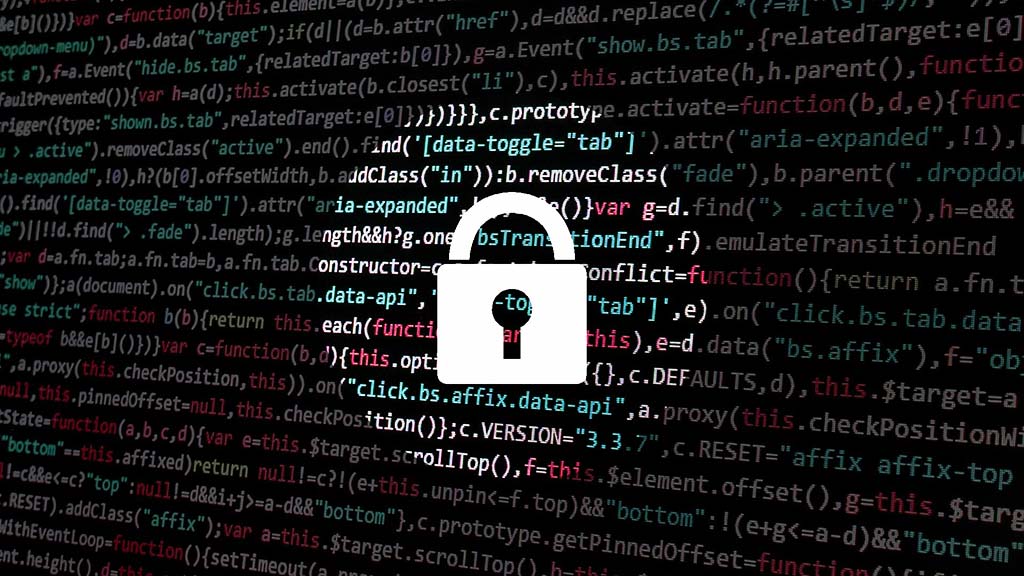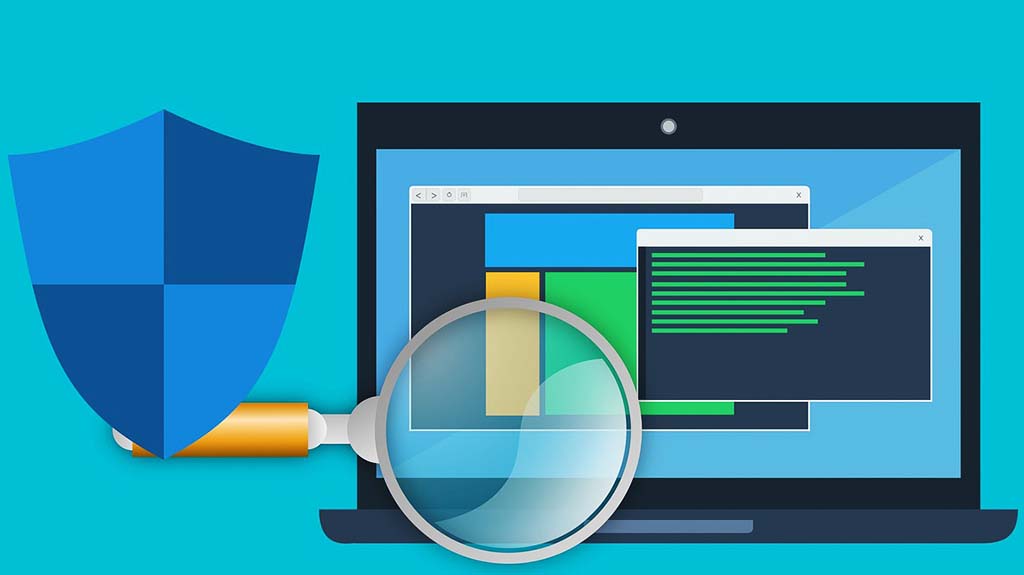
In today’s digital age, where you are intertwined with technology, ensuring the security of your devices has become more critical. Spyware is a menace among the myriad of threats lurking in cyberspace.
You must ensure your safety in the digital world when you do a lot of stuff on your computer—work, banking, gaming, or even when playing the best paying online casino. These spywares can discover sensitive information about you, which can be used for malicious intent.
To avoid all these, here’s what you need to know about spyware and how to detect them on your computer.
What is Spyware?
Spyware is malicious and crafty software that operates behind the scenes, secretly collecting information about your computer activities without your knowledge or consent. Once it finds its way into your system, spyware goes undercover, monitoring every keystroke, tracking your online habits, and capturing your data.
This malicious software is like a treacherous invader that compromises your privacy and seriously threatens your digital security. It’s crucial to familiarize yourself with the different types of spyware, including:
- Banking Trojans: Target online banking activities
- Cookie Trackers: Monitor your internet browsing and collect data stored in cookies
- Info Stealers: Steal personal information, such as usernames, passwords, or credit card details
- Keyloggers: Silently record every keystroke you make, potentially capturing sensitive information
- Mobile Spyware: Infiltrates smartphones to gather personal data, track location, or listen to calls
- Password Stealers: Steal passwords stored on your computer or web browsers
- Sound Recording and Video Spyware: Activate your device’s microphone or camera without your knowledge
By staying informed about these various forms of spyware, you can take proactive measures to safeguard your privacy and protect your digital life from these insidious threats.
Common Signs of Spyware Infection
There are many signs your computer will show you that it might have possibilities of spyware infection. Some of the common ones you should monitor are:
Increased Data Usage
Spyware often operates in the background, consuming bandwidth to transmit data. If you observe a sudden spike in your data usage without any reasonable explanation, it could result from spyware activity.
New or Unfamiliar Programs
Unfamiliar programs or applications appearing on your computer also indicate spyware. Check each program and confirm if you are the one who installs them or someone else you know who also uses your computer. If not, then you need to take action.
Sluggish Performance
A noticeable drop in computer speed and overall performance is one of the telltale signs of spyware infestation. When your computer starts to feel sluggish, even during simple tasks, it could indicate that spyware has infiltrated your system.
Unexpected Browser Behavior
Another thing spyware do is tamper with your browser settings, resulting in unexpected changes to your homepage, default search engine, or other settings without your permission. If you notice your browser constantly redirecting to unfamiliar websites or bombarding you with excessive ads, it strongly indicates that spyware may have infiltrated your system.
Unexplained Network Activity
Spyware communicates with remote servers to transmit collected data. An unusually high network activity when your computer is idle could indicate spyware sending out information without your knowledge.
Unwanted Pop-ups and Advertisements
One of the telltale signs of spyware infection is the relentless bombardment of intrusive pop-up ads, even when you’re not actively browsing the web. These pesky ads can disrupt your online experience by appearing on your desktop or within your browser, causing frustration and annoyance. If unwanted pop-ups constantly plague you, your system has likely fallen victim to spyware.

Ways to Detect and Avoid Spyware
Do you experience any of the signs of spyware infections? If you encounter at least one, the best thing to do is to immediately follow these preventive steps to detect spyware infiltration and remove them from your computer. Here’s how:
Update Your Security Software
Regularly update your antivirus and anti-malware software and run comprehensive scans to detect and remove potential spyware threats.
Perform System Scans
Use reputable security software to scan your computer for spyware regularly. Ensure the software is configured to scan all files and directories, including temporary folders and system files.
Monitor System Resources
Keep an eye on your computer’s resource usage. Task Manager on Windows and Activity Monitor on Mac computers can help identify unusual processes or programs consuming excessive CPU or memory.
Check Browser Extensions
Spyware often manifests as malicious browser extensions. Review your installed extensions periodically, and remove any suspicious or unfamiliar ones.
Examine Network Connections
Utilize network monitoring tools to inspect outgoing and incoming network connections. Look for any unfamiliar or suspicious IP addresses or connections established by unknown applications.
Be Wary of Phishing Attempts
Spyware often finds its way onto computers through phishing emails or malicious downloads. Exercise caution when opening email attachments, clicking links, or downloading files from untrusted sources.
Safeguard Your Digital Realm From Spyware
Maintaining the security and privacy of your digital life requires alertness and proactive measures. Detecting spyware on your computer is vital to safeguard your personal information and protect you and others around you against potential harm.







